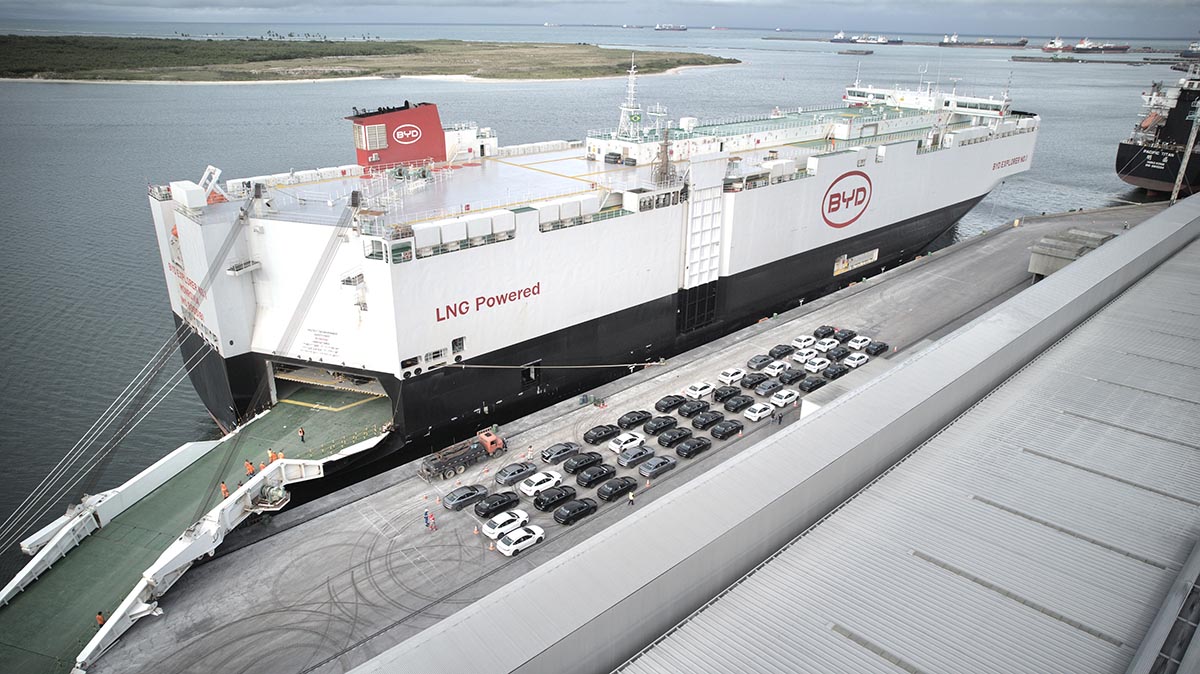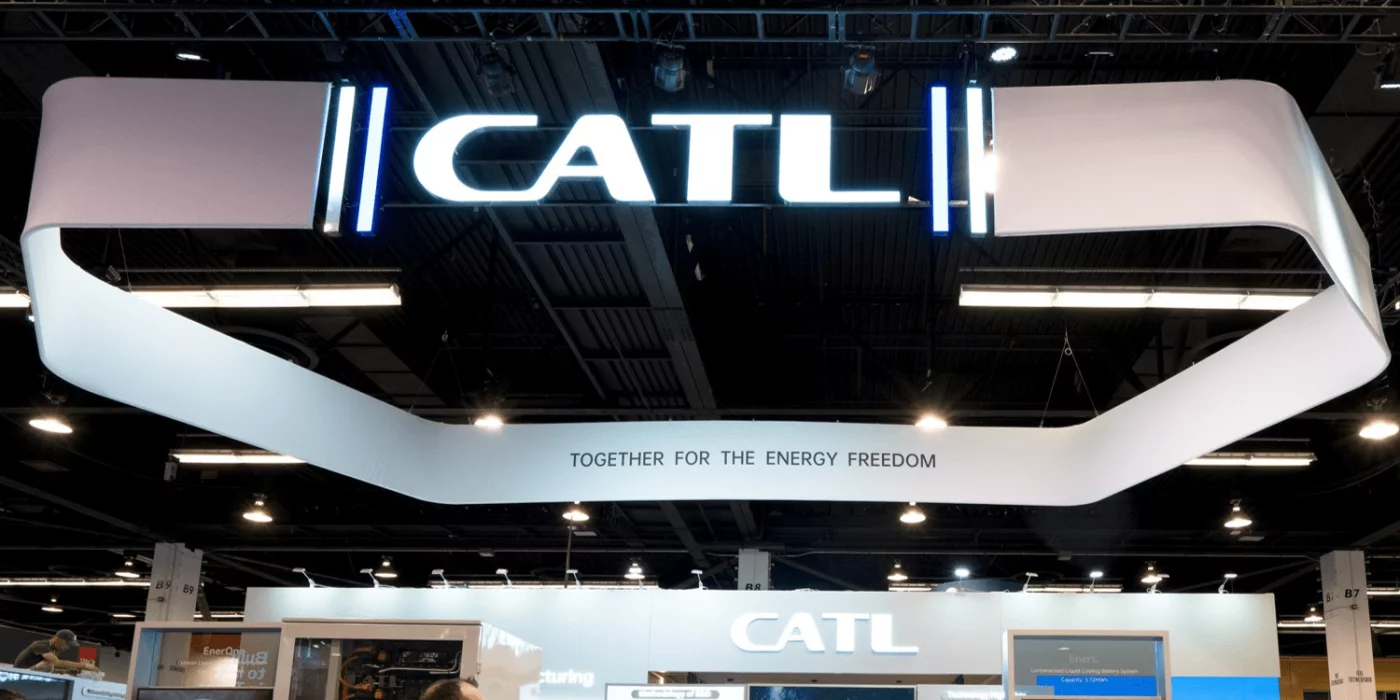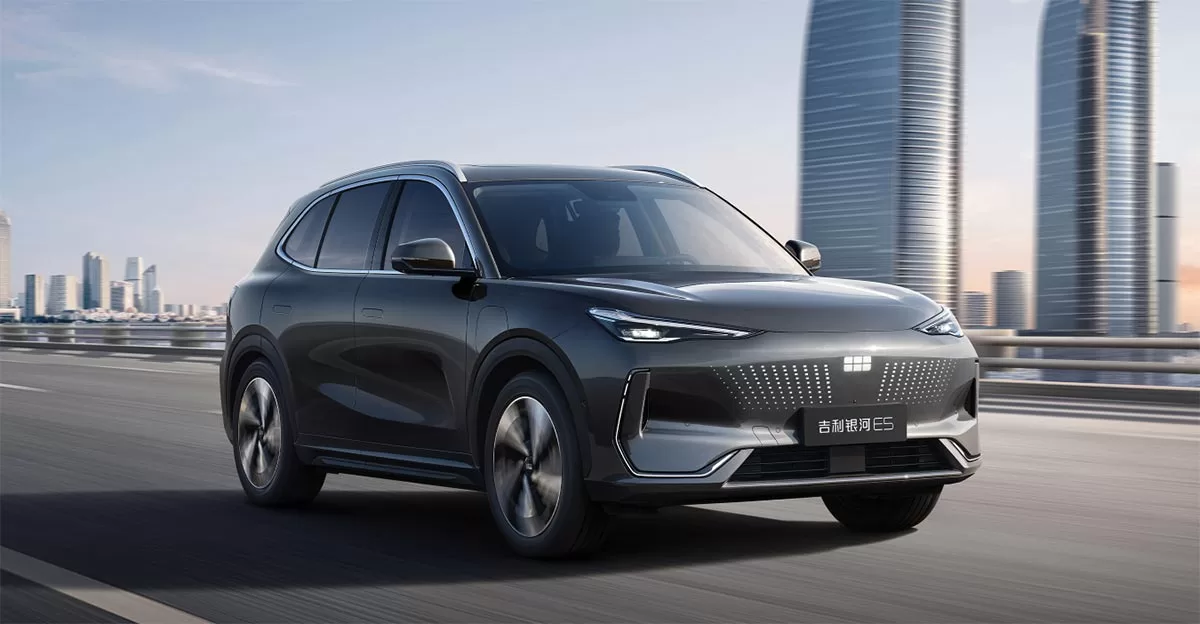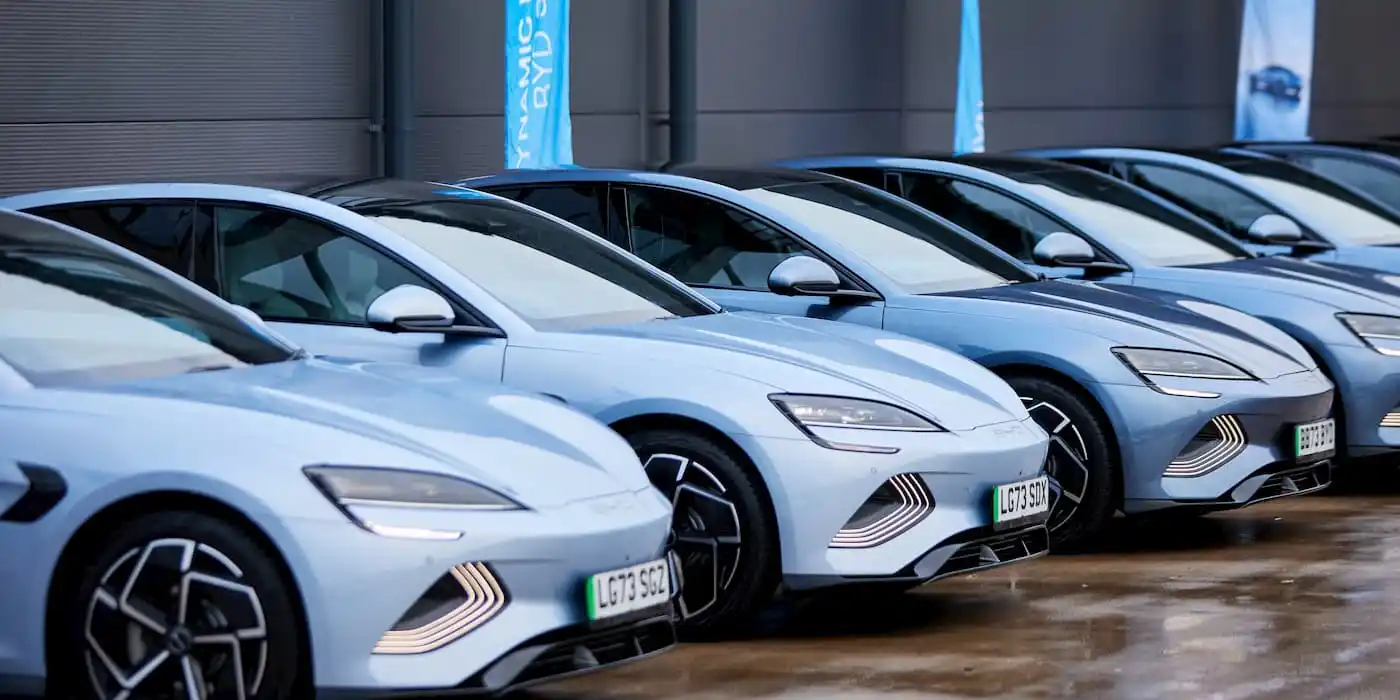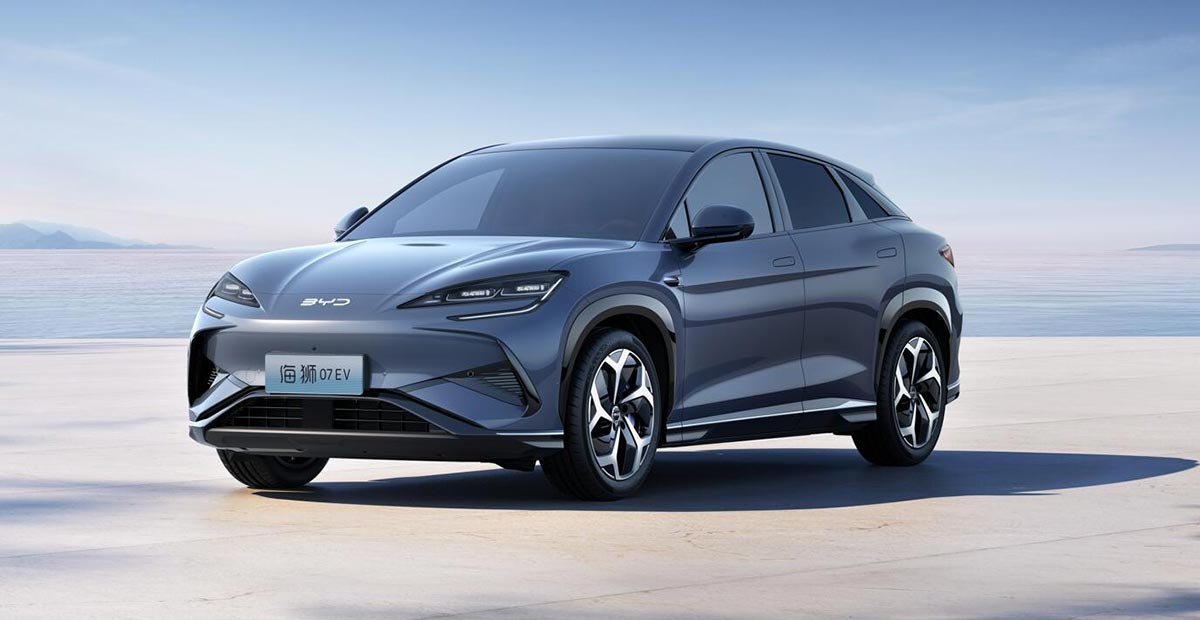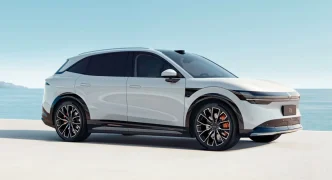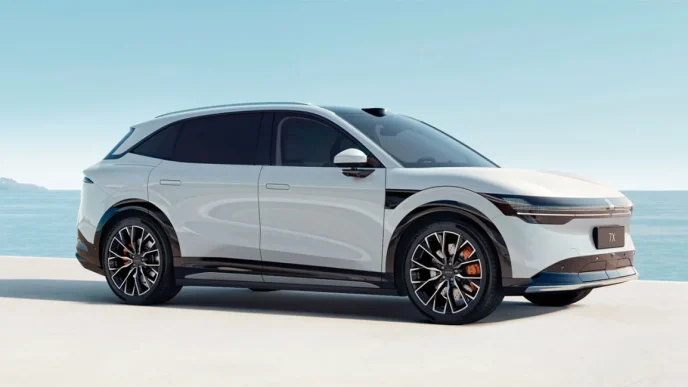Spain’s Prime Minister Pedro Sánchez has called for the European Commission and EU member states to reconsider imposing tariffs on electric vehicle (EV) imports from China. This follows Sánchez’s recent meeting with Chinese President Xi Jinping, during which the two leaders discussed the potential repercussions of these tariffs on EU-China trade relations.
Spain had previously voted in favor of the tariffs during a non-binding consultation in July, and was expected to maintain its support in the upcoming vote in November. However, Sánchez’s remarks signal a potential shift in Spain’s stance. “I have to be blunt and frank with you that we need to reconsider all of us, not only member states but also the Commission, our position towards this. As I said before, we don’t need another war, in this case, a trade war,” Sánchez stated, underscoring the risk of escalating tensions between the EU and China.
El Gobierno de España quiere consolidar nuestras relaciones comerciales y de inversión con China.
Sin embargo, es innegable que estas relaciones deben reequilibrarse.
El fuerte déficit comercial de España y la UE con China nos preocupa, y así se lo he trasladado a las… pic.twitter.com/4oVM5Imqvc
— Pedro Sánchez (@sanchezcastejon) September 11, 2024
The European Commission introduced the tariffs following an investigation into China’s EV industry, which concluded that government subsidies were artificially lowering the prices of Chinese electric vehicles. European automakers have struggled to compete with these low-cost imports. In response, China has launched investigations into European imports, including pork, dairy, and alcohol products, raising concerns of a retaliatory trade conflict. Spain, whose pork exports to China amounted to €1.2 billion in 2023, is particularly vulnerable to these measures.
Sánchez emphasized the need for diplomatic solutions, urging a “compromise between China and the European Commission” to avoid further strain on EU-China relations. The Commission’s provisional EV tariffs, which were set as high as 38% in July, were later adjusted to a maximum of 37.6% in August. These tariffs, in addition to the existing 10% import duty, apply to major Chinese automakers like BYD, SAIC, and Geely, as well as non-Chinese brands such as Tesla and Volkswagen’s Cupra Tavascan.
With the final vote on the tariffs scheduled for November, the Commission is expected to make further adjustments, potentially lowering the rates for non-Chinese automakers before the decision is finalized.

